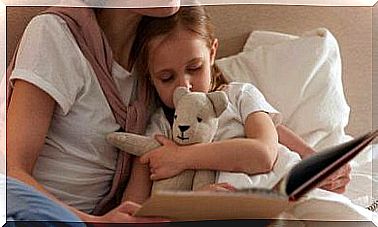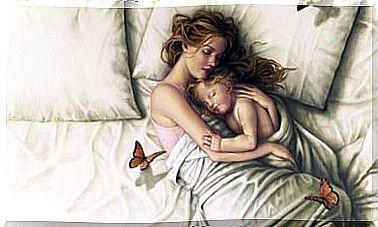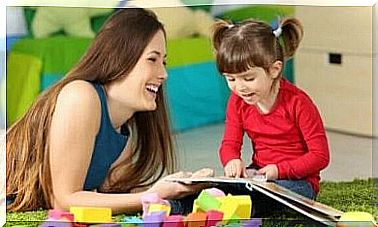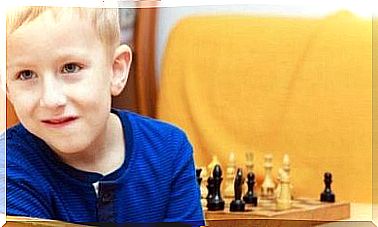Benefits Of Theater Courses For Children
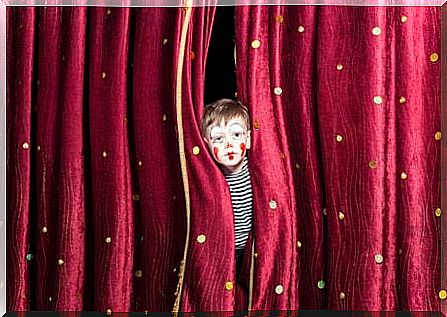
Many parents decide to let their children take part in some extra activity. Some focus on developing different abilities, others hope to make children curious about something and some want them to be healthier by participating in physical activities.
Among all these alternatives there are also theater courses, ie lessons in acting.
During these, the children get the chance to develop their imagination and body language through various games. Basically, the exercises are similar to those that the children themselves invent in their games. But in this case, they are supervised and led by professional adults.
What is included in theater courses for children?
Children’s games are great for exploring different abilities that have to do with the body and its expression – such as voices, attitudes and other abilities – such as juggling or dancing. Children initiate games based on what they see or experience in their environment.
Theater courses follow much the same logic. The lessons stimulate creativity and a variety of social and cognitive abilities in the children.
In general, theater courses usually explore children’s ability to enter into different roles or act as different characters. They also include activities that have to do with speech and the body’s expression, facial expressions and movement.
Students must also imagine how their character would react in certain situations, whether they are real or imaginative.
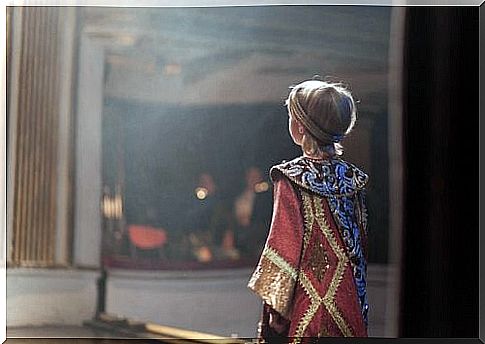
Benefits of theater courses for children
- Attending theater classes helps children develop their verbal skills. This in turn helps them to communicate better and it also improves, among other things, their vocabulary and language and makes them free and clear.
- The activities also improve the body’s expression. Non-verbal communication is an important part of our way of communicating. This is due to body language – the messages we send out through our gestures and movements. By attending a theater course, children become aware of their bodies and what they can express through them.
- Theater classes promote friendship and help children overcome their shyness. The various activities often require teamwork. The children learn to socialize, as well as the importance of respecting and being able to work together with others.
- Theater courses help children understand and appreciate hard work. The goals in theater cannot be achieved immediately, but rather require both time and commitment. Some children may experience frustration at not getting immediate results. But if they persevere, they will also see the result of their efforts.
- Children learn to listen to their emotions – identify them and reflect on them. They imagine themselves in other people’s situations, whether they are fictional or real characters. This helps them to look at the world from different points of view.
- They also gain perspective, self-esteem, security and self-confidence when they realize what is happening to them.
- Theater courses stimulate creativity and imagination, some of the best a child can have.
- The lessons also try to teach good values, such as equality, respect, obligations, responsibility, cooperation and being tolerant.
- All this is done through fun games and activities. It is of course very important that the children appreciate the activities in which they participate.
The importance of parental support
Parental support and encouragement is always important, but when it comes to theater, support is actually even more important.
As children get better at theater, they develop new talents. They often have a desire to be part of projects where they can show everything they have learned.
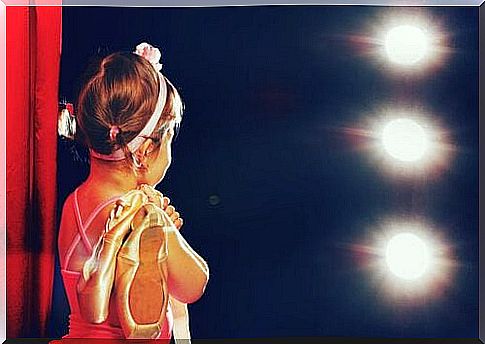
In most cases , it means performing on a stage where family and friends can appreciate their talents and efforts. These events often require parental involvement in one way or another.
The parents may, for example, need to make costumes, build stage decorations or contribute in some other way.
However, it is not these practical tasks that are the most important. In addition to constant support during the theater course , extra performances may require the whole family to make a big contribution.
It can be about helping children deal with their nervousness, get out of their comfort zone, take care of things at the last minute and so on. But all the hard work comes with a reward.
The children will feel satisfied when they see their own development and experience with support from the family. In the same way, parents will enjoy watching their children shine and enjoy their time in the spotlight.

